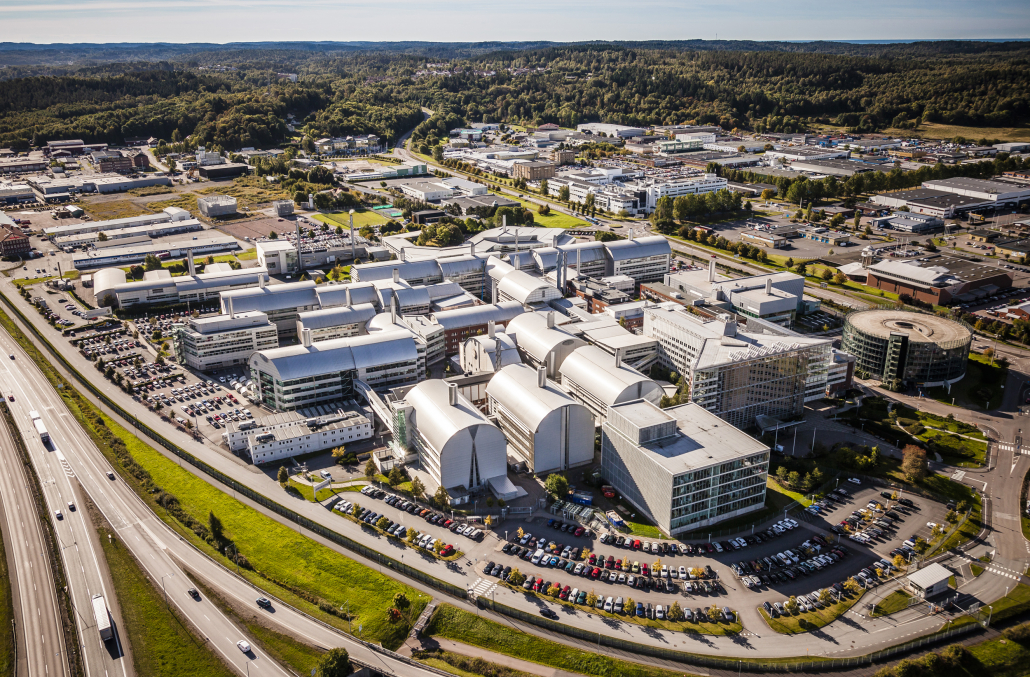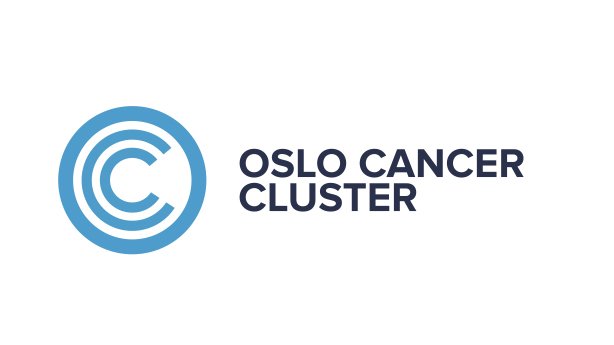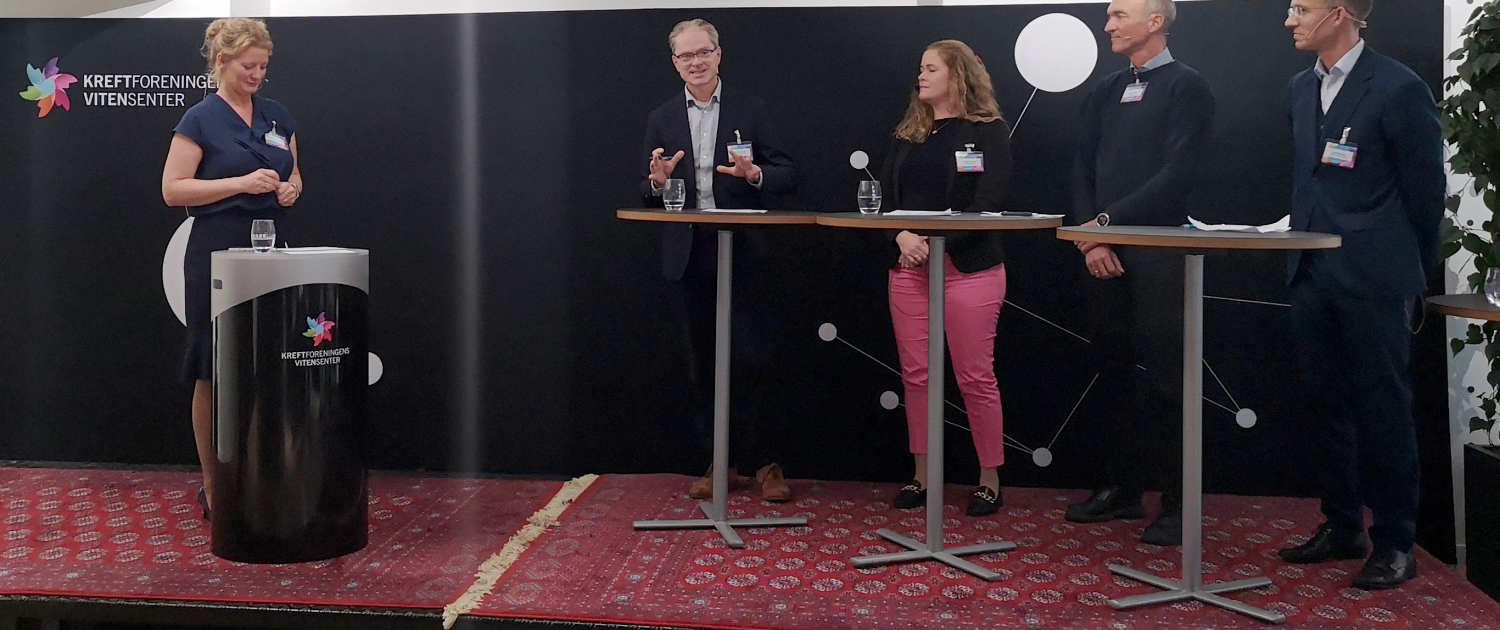
Artificial intelligence is one of the central themes as Norway responds to the EU Cancer Mission.
The European Union has launched the Mission on Cancer and the Europe’s Beating Cancer Plan that aim to jointly improve the lives of 3 million people by 2030.
Norwegian organisations working in cancer, including Oslo Cancer Cluster, the Norwegian Research Council, the Norwegian Cancer Society and others, have joined forces to make the most of these opportunities. Together, they have formed the Cancer Mission Hub Norway.
“With a long tradition of patient involvement, a strong national health service and many emerging companies in the health sector, Norway is uniquely positioned to respond to the EU’s Cancer Mission,” said Ole Aleksander Opdalshei, Deputy General Secretary of the Norwegian Cancer Society, as he opened the meeting Artificial Intelligence in Cancer – Implementation and EU opportunities.
One of the hub’s initiatives is to position Norway in the AI field, by gathering relevant actors and exploring the AI & cancer theme.
View the meeting here:
The promises of AI
Vibeke Binz Vallevik, moderator for the meeting held at Kreftforeningens Vitensenter on 13 October 2022 introduced the subject:
“We have been talking about AI in healthcare for a few years now – its hype and potential. How it can accelerate research, help drug discovery, handle large datasets, improve manual processes and be a tool for clinical decision support.”
The possible applications of AI in oncology are plentiful. An example of how artificial intelligence can be used to improve cancer prognosis is the DoMore Project, from the Institute of Cancer Genetics and Informatics, Oslo University Hospital.
“AI and deep learning represent a new era for prognosis and the field is growing exponentially,” said Professor Håvard Danielsen, leader of the DoMore Project and recipient of the King Olav V’s Cancer Research Award, during a keynote speech at the meeting.
Danielsen presented how they have developed an AI-based prognostic tool for prostate, colorectal and lung cancer.
Read more about DoMore here: https://oslocancercluster.no/2022/05/09/ai-researcher-gets-cancer-award/
A challenging path
Vallevik mentioned the barriers to clinical implementation, including technological issues, legal access, culture, competence, procurement and economic factors, organizational, infrastructure, data quality, quality assurance and trust. This all begs the question: is AI in health just a hype?
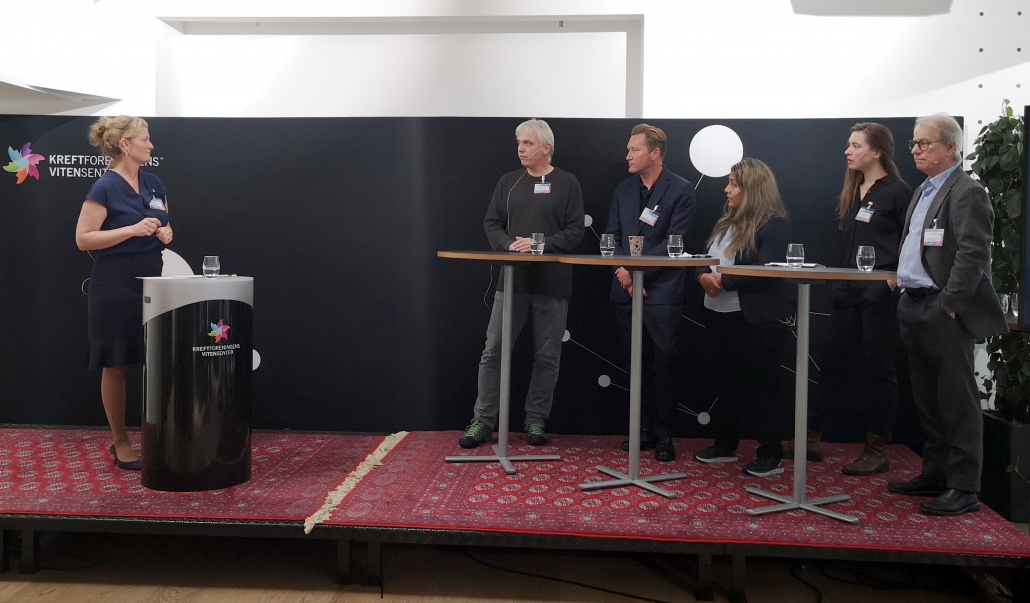
A scientific panel talked about the opportunities and challenges in artifical intelligence and health. Photo: Sofia Linden / Oslo Cancer Cluster
A scientific panel brought their perspectives on these opportunities and challenges.
“AI is really key to empower and enable precision medicine, so matching patients to drugs and stratifying patients in a more intelligent way. It is absolutely key to fully personalize the cancer therapies in the future. We are working for instance on developing personalized cancer vaccines, that is completely dependent on AI,” commented Richard Stratford, CEO, NEC OncoImmunity AS.
Inga Strümke, Researcher at the Dept. of Computer Science, Faculty of Information Technology and Electrical Engineering at NTNU, raised an ethical dilemma:
“You cannot guarantee that a neural network that has learned to solve a problem will always work and function the way you expect and intended it to. So, what should we do instead? I think medicine is well-equipped to answer this question, because it has a strong tradition for testing systematically.”
As both Hauke Bartsch, Assoc. Prof. (University of Bergen/Dept. of Radiology, Haukeland University Hospital) and Ishita Barua, MD & Manager at Deloitte, also pointed out during the discussions, another challenge is ensuring that AI-based tools are adapted for their users, namely the health personnel and the patients.
How can Norway contribute?
The second part of the meeting included a keynote speech from Evangelia Markidou, Head of Sector – Artificial Intelligence Technology, Deployment and Impact at European Commission, and a policy panel. The panel discussed how national multidisciplinary initiatives can pave the way for European collaborations.
“How can a country like Norway contribute? Our public health system is one of the best in the world and the Cancer Registry has collected data from patients for the last 70 years. This enables us to see what is happening on a population scale that other countries cannot. We can document what works and doesn’t work,” said Ketil Widerberg, general manager of Oslo Cancer Cluster.
The number of successful Norwegian research applications for EU funding also shows great promise.
“If you look at applications within cancer and artificial intelligence during the last two years, Norwegian researchers have received 10 million euros in total,” said Ole Johan Borge, Department Director Health, Research Council of Norway.
Cancer Mission Hub Norway will continue to work towards informing, fostering, and mobilising the Norwegian research environments towards the EU Cancer Mission.
Stay updated to upcoming news and events via the Cancer Mission Hub website
The post Positioning Norway towards the EU Cancer Mission first appeared on Oslo Cancer Cluster.
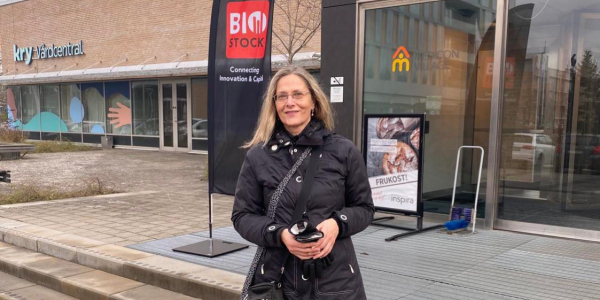
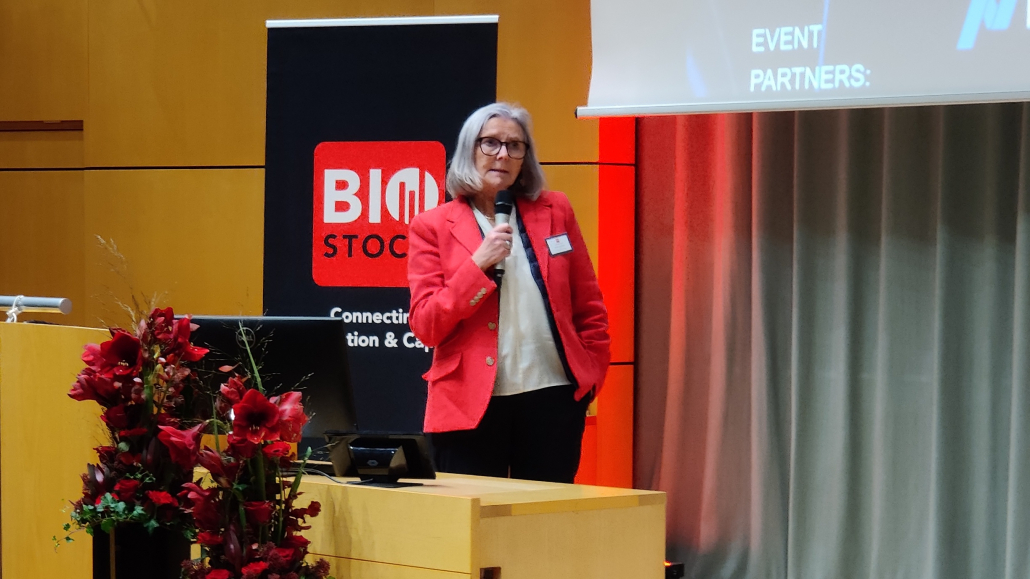
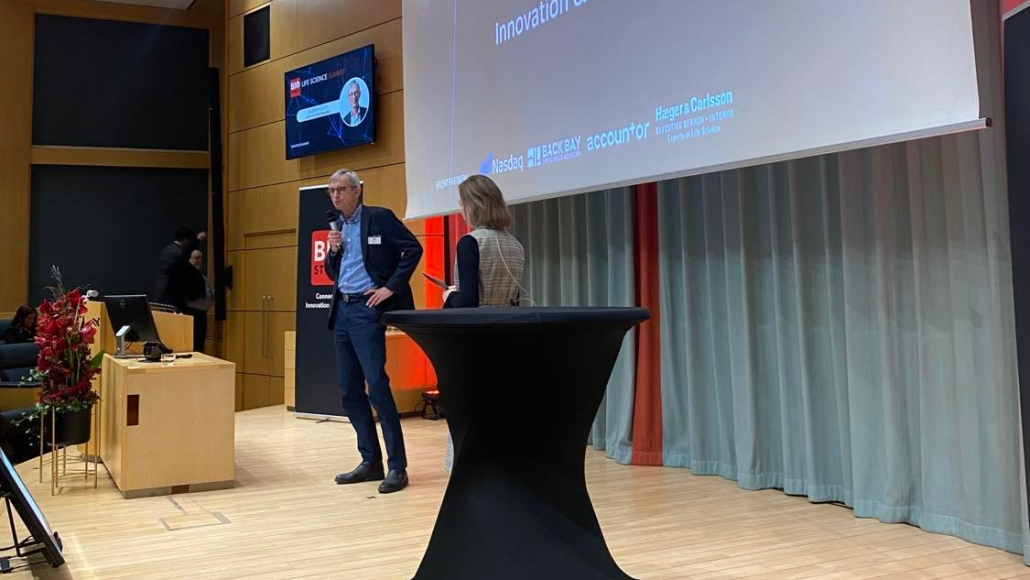
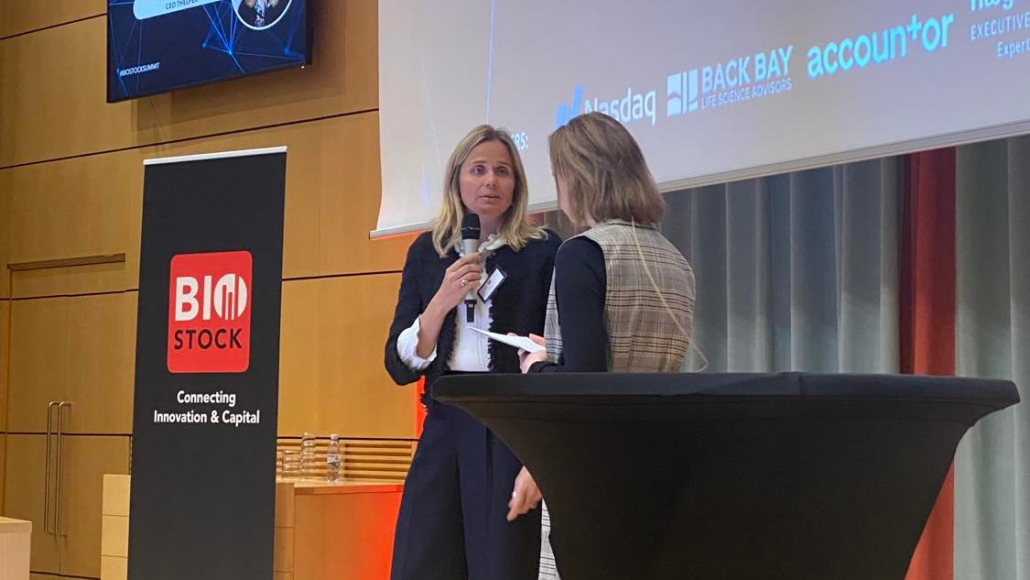

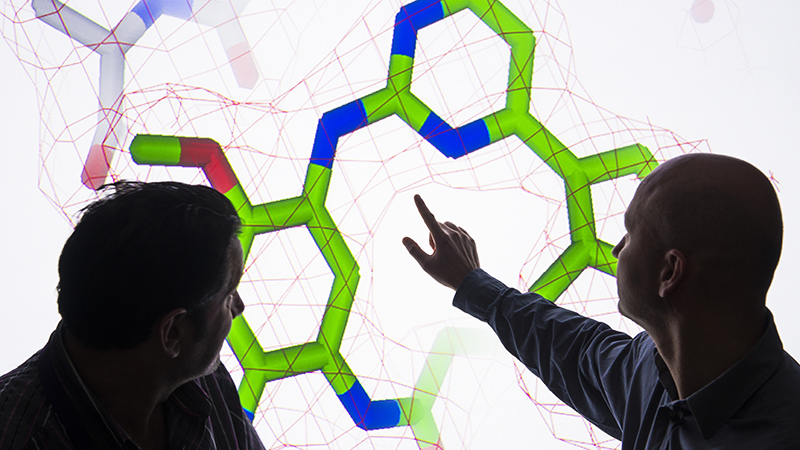 AstraZeneca
AstraZeneca